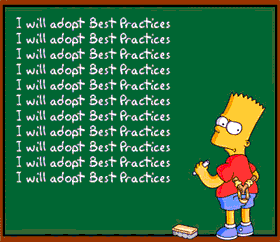
A best practice is “a method or technique that has consistently shown results superior to those achieved with other means, and that is used as a benchmark… to describe the process of developing and following a standard way of doing things that multiple organizations can use” (Wikipedia).
I am most familiar with human service, not-for-profit agencies where “best practices” are requirements for potential funding. Funders want to know that a program or initiative has a proven track record of efficacy. Usually research is required to prove that a particular approach will yield the desired results.
Education and medicine have best practices for procedures, interventions, and treatment. Google has best practices for optimizing reach. Many fields, businesses, agencies and organizations define their own best practices to optimize their work. A best practice has experience, scrutiny, knowledge and an established record of effectiveness. We are surrounded by best practices in many areas of our lives.
Best practices:
- help to ensure good results
- build knowledge and expertise
- help to professionalize industries
- outline ethical practices
- help to protect consumers
Investopedia further defines best practices as “a set of guidelines, ethics or ideas that represent the most efficient or prudent course of action. Best practices are often set forth by an authority, such as a governing body or management, depending on the circumstances. While best practices generally dictate the recommended course of action, some situations require that such practices be followed.”
In the self-help world, there is no authority that sets standards, requirements or measurements for effectiveness. Many gurus and self-help programs cite testimonials as proof that their approach or proposed knowledge or system will work. But best practices go beyond individual experience, using research and shared knowledge that stand the test of time while reflecting truth and not just hype.
At SEEK, we are pushing for standards that could represent best practice in self-help. We have made a start with the PROMISE, which is especially concerned with providing a safe environment for self-help seekers. We are asking all self-help providers to adopt these standards, but we wish to further this discussion on best practices and how the concept should be applied to the self-help industry.
Thoughts, ideas? Let us know in the comments below!
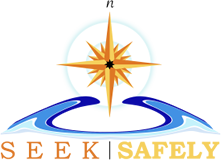
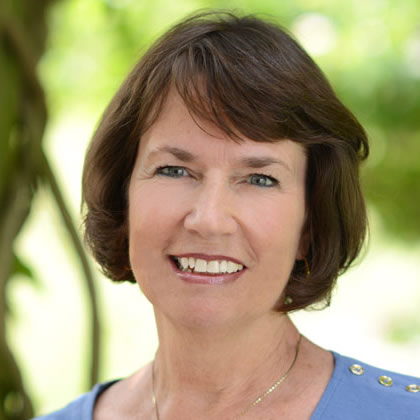




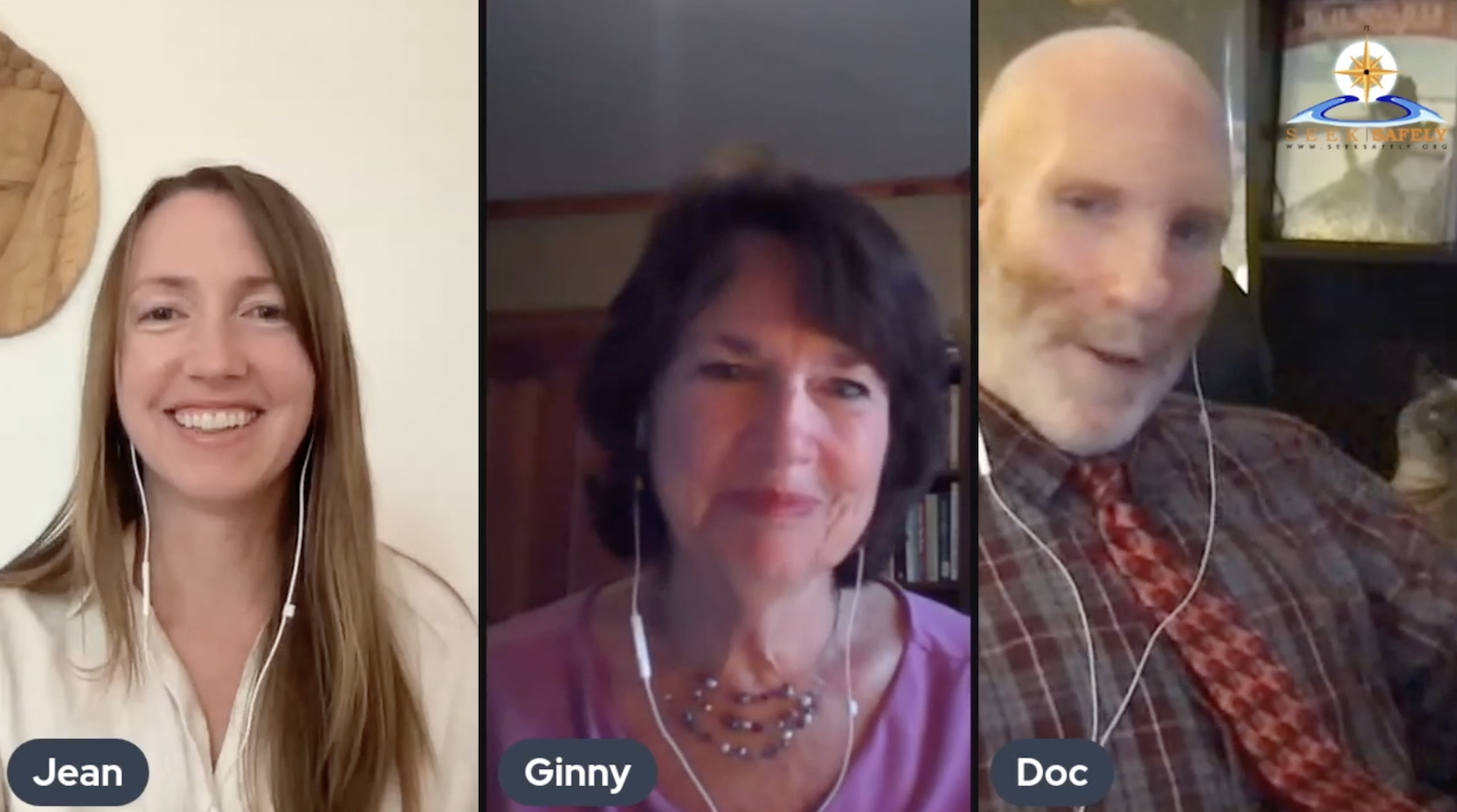
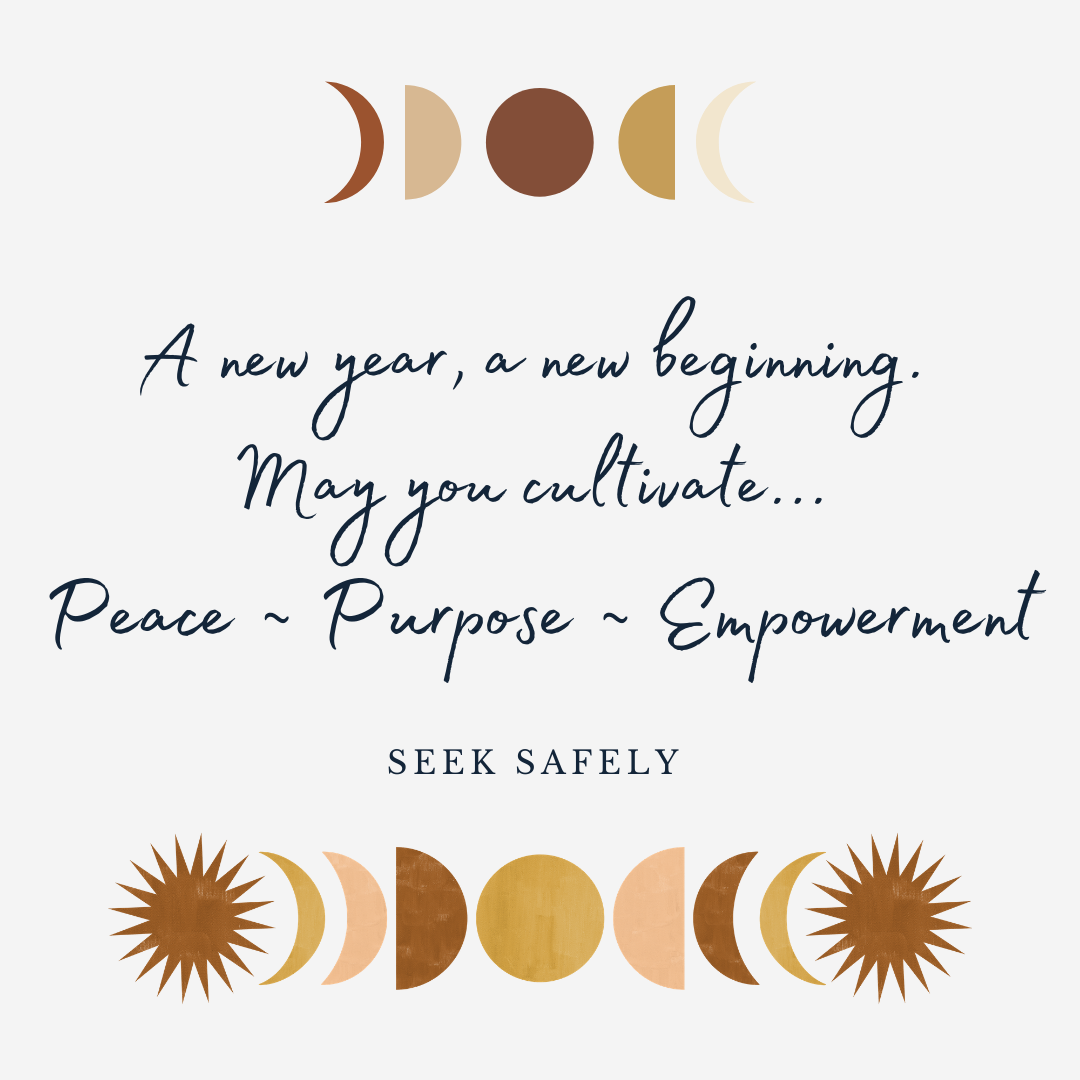
One comment on “Best Practices in the Self-Help Industry”